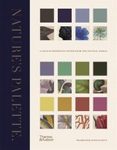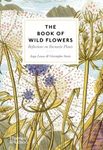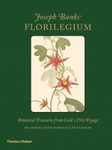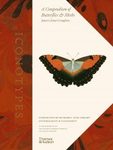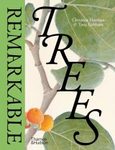By: Clive Gamble(Author), John Gowlett(Author), Robin Dunbar(Author)
238 pages, 57 b/w photos and b/w illustrations
![Thinking Big Thinking Big]()
Click to have a closer look
About this book
Customer reviews
Related titles
About this book
When and how did the brains of our hominin ancestors become human minds? When and why did our capacity for language or art, music and dance evolve? It is the contention of this pathbreaking and provocative book that it was the need for early humans to live in ever-larger social groups, and to maintain social relations over ever-greater distances the ability to think big that drove the enlargement of the human brain and the development of the human mind.
This social brain hypothesis, put forward by evolutionary psychologists such as Robin Dunbar, one of the authors of Thinking Big, can be tested against archaeological and fossil evidence, as archaeologists Clive Gamble and John Gowlett show in the second part of Thinking Big. Along the way, the three authors touch on subjects as diverse and diverting as the switch from finger-tip grooming to vocal grooming or the crucial importance of making fire for the lengthening of the social day. Ultimately, the social worlds we inhabit today can be traced back to our Stone Age ancestors.
Customer Reviews
By: Clive Gamble(Author), John Gowlett(Author), Robin Dunbar(Author)
238 pages, 57 b/w photos and b/w illustrations
"A dramatic demolition of the 'stones and bones' approach to archaeology."
– New Scientist
"A triumph of collaboration, as well as a gripping detective story."
– New Statesman
"Retains the Thames & Hudson tradition of thinking clearly, and writing well [...] You will not read a more important book this year. It could make us a little wiser about ourselves."
– Minerva
"Written in a style that so admirably avoids technical vocabulary and sociological jargon that you need no more than an ordinary human brain to read and understand it [...] a very valuable summary of what we currently know about human evolution and the possible origins and development of [such] human attributes and skills [...] Thinking Big is like the Big Bang: it probably isn't the total answer, but there is no doubt that it answers a large number of observable phenomena, and it will serve as the dominant model for debating and refining our ideas about the origins and evolution of human cognition for decades to come."
– Society of Antiquaries Newsletter
"Fascinating, page-turning."
– Current World Archaeology
"An important, provocative essay on human evolution, argued with great eloquence and skill."
– Current Archaeology
"When, why and how did the human brain evolve? These fundamental questions find innovative and stimulating answers in this outstanding book. It emphasizes that what makes us human was not the tools that form the bulk of the archaeological record, but rather the social world within which our ancestors lived. The result is a text that will delight the general reader as much as it will become a landmark for students and scholars."
– Peter Mitchell, Professor of African Archaeology, University of Oxford, and co-editor of The Oxford Handbook of African Archaeology
"The triumphant result of seven years collaborative research, this provocative, thoughtful book focuses on what the authors call the 'social brain'. It has much to tell us not only about human behaviour in the past, but also about the importance of networking in our complex world today. Thinking Big is destined to become a classic."
– Brian Fagan, Emeritus Professor of Anthropology, University of California, Santa Barbara and author of The Attacking Ocean
"Forget the tweets, blogs and PDFs; big ideas need books, and this one reminds us exactly why palaeoanthropology is the most exciting science of the 21st century. This Curiosity Rover of the mind explains the major developments that made us human. The result is effervescent, compelling, and certainly required reading for anyone with an interest in our own origins."
– Paul Pettitt, Professor of Archaeology, Durham University, and author of The Palaeolithic Origins of Human Burial


























